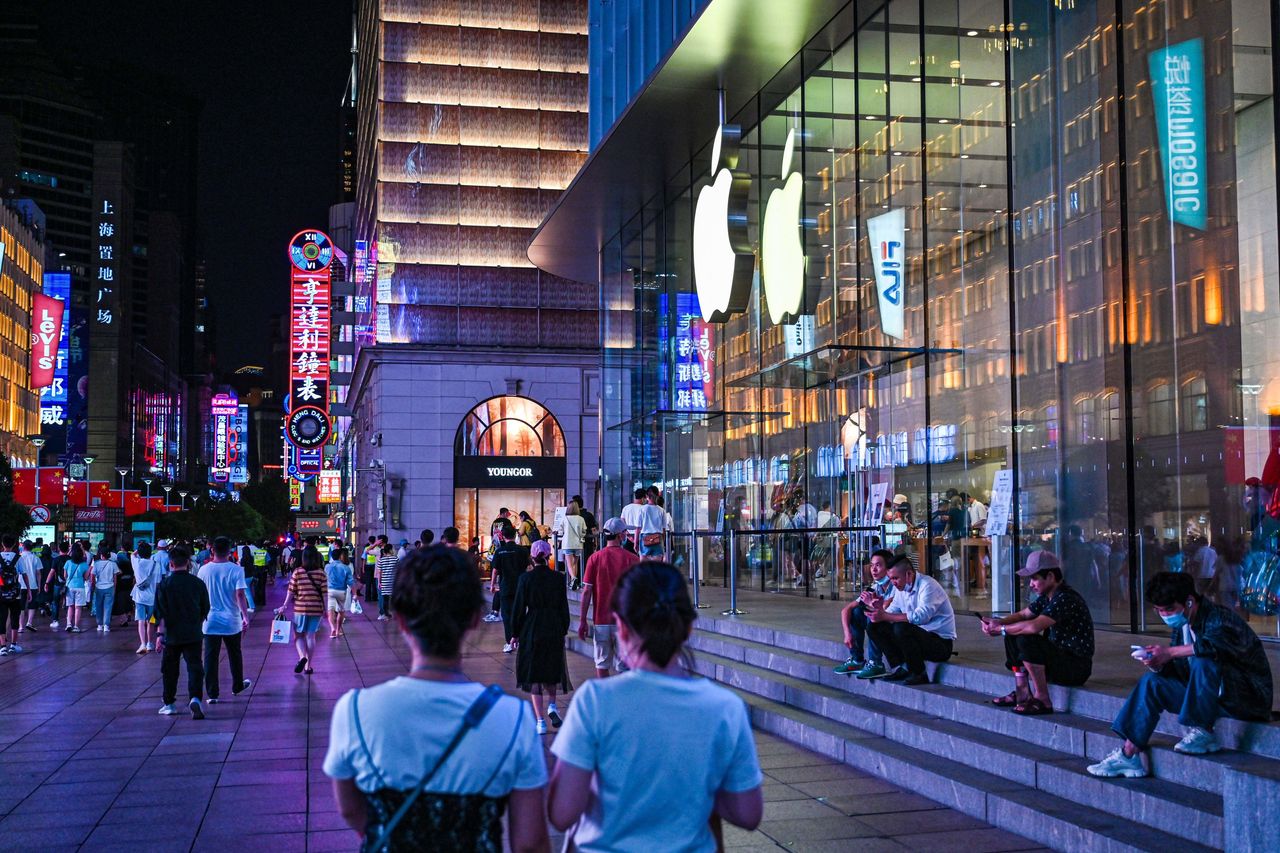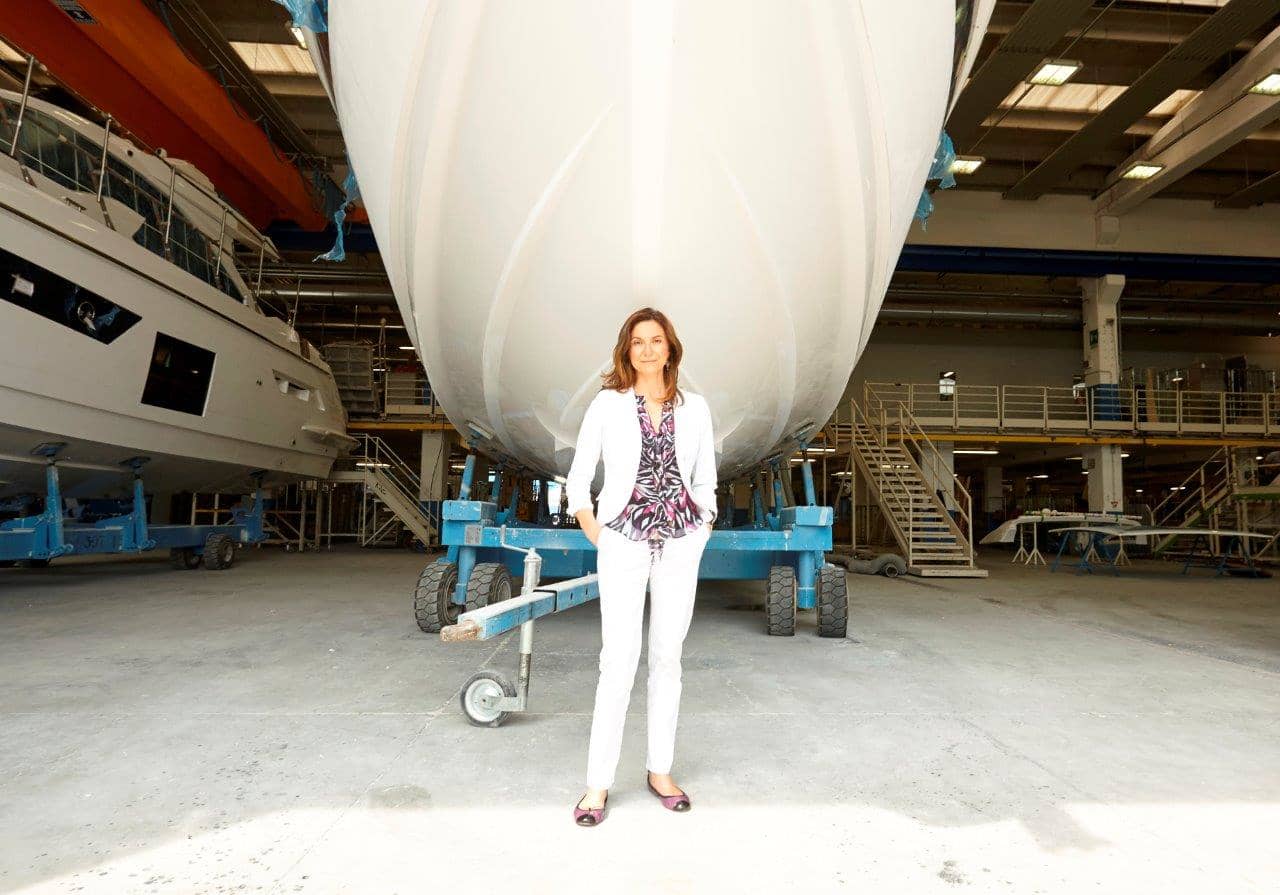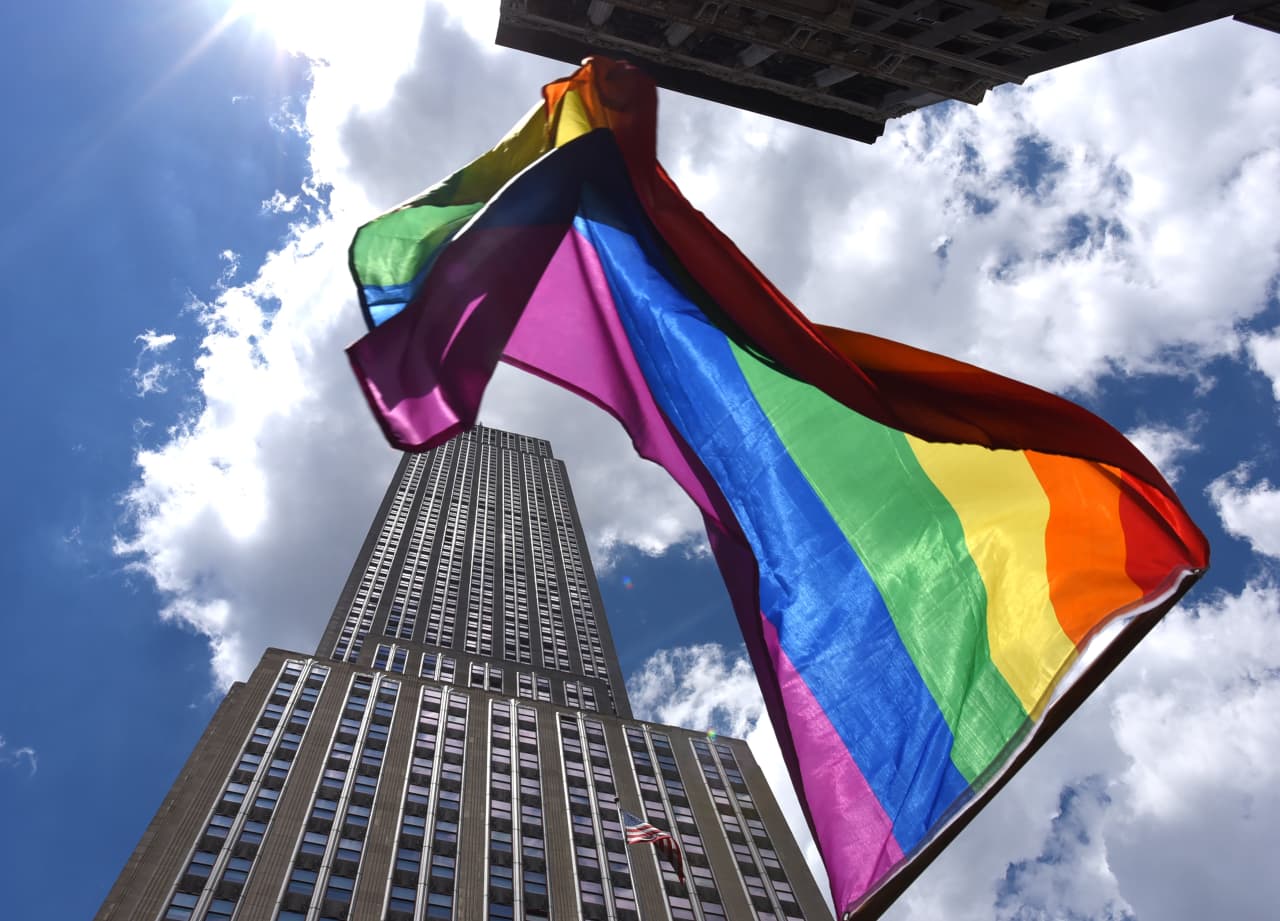Tech Stocks Got Hit Hard. Where to Find Bargains Now.
The technology sector may not be on sale, but it certainly has gotten cheaper lately.
Major technology stocks like Apple (ticker: AAPL), Alphabet (GOOGL), Microsoft (MSFT), and Meta Platforms (FB) are down 10% to 17% from their 2021 highs.
But highfliers in the tech sector and elsewhere like Snap (SNAP), Zoom Video Communications (ZM), Roku (ROKU), Zillow Group (Z), and Teladoc Health (TDOC) are more than 50% and in some cases 75% off their peaks of last year. The selloff has been particularly severe in unprofitable companies that had been valued at elevated multiples of more than 10 times sales.
Investors may want to consider some of the tech leaders and bottom fish among the busted growth stocks.
Mark Stoeckle, manager of the Adams Diversified Equity (ADX), a $2.5 billion closed-end fund, favors the industry leaders including Alphabet, Meta Platforms (formerly Facebook), and Amazon.com (AMZN).
“Investors aren’t making a big enough distinction between the megacap tech stocks and the hair-on-fire multiples of revenue tech stocks,” he says. “The big tech stocks are trading at much lower valuations and are generating immense amounts of free cash flow.”
The Adams fund, whose shares trade at $18, a roughly 13% discount to its net asset value, has sizable stakes in the tech giants.
Take Alphabet. Its class C shares (GOOG) are off 0.4% to $2658.26 Friday and are down about 10% from their late 2021 highs. Alphabet is valued at 23 times projected 2022 earnings of $114 a share.
That price-to-earnings ratio arguably overstates its valuation because Alphabet is losing about $8 a share annually at its Other Bets and cloud computing businesses that are valuable but are absorbing a lot of investment spending. Strip out those losses and adjust for Alphabet’s net cash of more than $125 billion, and the effective 2022 P/E is closer to 20 for a company that is expected to generate 17% revenue growth this year.
Meta Platforms, whose shares were down 2.3%, to $309.42, Friday, trades for 22 times projected 2022 earnings of $14 a share. Those profits are after enormous spending, including $10 billion on the metaverse. If CEO Mark Zuckerberg weren’t investing so heavily, Facebook profits would be much higher.
“I don’t know if the metaverse is going to work, but with Facebook you’re getting an incredibly durable core business throwing off a lot of cash and an option on the metaverse,” Stoeckle says.
Amazon has been hit the hardest among the tech giants. Its shares at $2,937, are off over 3% Friday and down more than 20% from its 2021 peak. Investors fear that it was a stay-at-home beneficiary whose growth may slow as the economy continues to reopen.
Amazon is no bargain at about 60 times projected 2022 earnings of $50 a share, but some investors separate its market-leading cloud computing business, Amazon Web Services, from the retail operations. AWS could generate $80 billion of revenue this year, up from an estimated $62 billion in 2021 and the business could be worth $1 trillion, meaning that investors may be paying just $500 billion, or little more than one times sales for the core retail business and a growing and lucrative ad business.
Apple and Microsoft both have dominant franchises and fetch close to 30 times projected 2022 earnings.
Netflix (NFLX), whose shares were being pummeled Friday, falling 24%, or $121, to $387.06, is getting more appealing from a valuation standpoint. The company’s guidance for subscriber growth in the current quarter of 2.5 million was way below expectations of 5.7 million and analysts have cut earnings estimates for both 2022 and 2023.
It trades for about 34 times projected 2022 earnings and 25 times estimated 2023 profits after its shares gave back all their gains of the past four years. The 2022 and 2023 estimates are from Evercore ISI analyst Mark Mahaney who took down his projections in the wake of the Netflix profit report Thursday. He cut his rating to In-line from Outperform and reduced his price target to $525 from $710 a share.
Among the former favorites, Zoom Video, whose shares were down 1.9%, to $152.81, on Friday, is roughly a third its 2021 peak. Unlike others, Zoom Video is profitable and trades for about 35 times projected 2022 earnings. Roku, which was off 7.7%, to $154.51, Friday, is still unprofitable and trades for around six times projected 2022 sales. Teladoc, at $74.53, was off 2.2% Friday and down over 75% from its high set nearly a year ago. It trades for around five times projected 2022 sales.
In a recent client note, Evercore ISI’s Mahaney wrote that small- to mid-cap internet stocks now have “moderately robust” valuations after their recent selloff at an average of about four times forward sales and 16 times projected 2022 earnings before interest, taxes, depreciation, and amortization (Ebitda). The forward Ebitda multiple is down from 26 in October but above pre-Covid levels around 12.
Within that group, Mahaney favors Bumble (BMBL), the online dating company whose shares are down to $31 from a peak of $89 after its 2021 IPO. Bumble is valued at about five times projected 2022 sales and is expected to operate at just over break-even this year.
Mahaney also like Wix.com (WIX), which creates websites. Its shares have fallen to $130 from a 2021 peak of $362 and the unprofitable company also trades for about five times estimated 2022 sales. Duolingo, which offers online lessons in foreign languages, has fallen to $89 a share from a high last year of $205 and trades for about 8.5 times projected 2022 sales.
Many of the highfliers are part of Cathie Wood’s Ark Innovation exchange-traded fund (ARKK) whose shares were off another 2% Friday, to $74.36, and have dropped nearly 50% in the past year. With the fresh losses, the ARK ETF has given up much of its outperformance versus the S&P over the past three years. Woods’ ETF offers one-stop shopping in richly priced former favorites like Teladoc, Zoom Video, Roku, Coinbase Global (COIN)
Tesla (TSLA) is the fund’s largest holding. It has held up relatively well compared with other investments, thanks to its leading position in electric vehicles as well as rising sales and profits. Tesla was off $37, to $959.27, on Friday, and down about 22% from its late 2021 peak.
Tesla bull Gary Black who runs the Future Fund Active ETF (FFND) sees the company’s earnings rising to more than $12 a share in 2022 from about $7 in 2021 and hitting $45 a share in 2025. His view is that there is nothing like Tesla in the world of megacap growth stocks.
 Copyright 2020, Dow Jones & Company, Inc. All Rights Reserved Worldwide. LEARN MORE
Copyright 2020, Dow Jones & Company, Inc. All Rights Reserved Worldwide. LEARN MORE
This stylish family home combines a classic palette and finishes with a flexible floorplan
Just 55 minutes from Sydney, make this your creative getaway located in the majestic Hawkesbury region.
Continued stagflation and cost of living pressures are causing couples to think twice about starting a family, new data has revealed, with long term impacts expected
Australia is in the midst of a ‘baby recession’ with preliminary estimates showing the number of births in 2023 fell by more than four percent to the lowest level since 2006, according to KPMG. The consultancy firm says this reflects the impact of cost-of-living pressures on the feasibility of younger Australians starting a family.
KPMG estimates that 289,100 babies were born in 2023. This compares to 300,684 babies in 2022 and 309,996 in 2021, according to the Australian Bureau of Statistics (ABS). KPMG urban economist Terry Rawnsley said weak economic growth often leads to a reduced number of births. In 2023, ABS data shows gross domestic product (GDP) fell to 1.5 percent. Despite the population growing by 2.5 percent in 2023, GDP on a per capita basis went into negative territory, down one percent over the 12 months.
“Birth rates provide insight into long-term population growth as well as the current confidence of Australian families,” said Mr Rawnsley. “We haven’t seen such a sharp drop in births in Australia since the period of economic stagflation in the 1970s, which coincided with the initial widespread adoption of the contraceptive pill.”
Mr Rawnsley said many Australian couples delayed starting a family while the pandemic played out in 2020. The number of births fell from 305,832 in 2019 to 294,369 in 2020. Then in 2021, strong employment and vast amounts of stimulus money, along with high household savings due to lockdowns, gave couples better financial means to have a baby. This led to a rebound in births.
However, the re-opening of the global economy in 2022 led to soaring inflation. By the start of 2023, the Australian consumer price index (CPI) had risen to its highest level since 1990 at 7.8 percent per annum. By that stage, the Reserve Bank had already commenced an aggressive rate-hiking strategy to fight inflation and had raised the cash rate every month between May and December 2022.
Five more rate hikes during 2023 put further pressure on couples with mortgages and put the brakes on family formation. “This combination of the pandemic and rapid economic changes explains the spike and subsequent sharp decline in birth rates we have observed over the past four years,” Mr Rawnsley said.
The impact of high costs of living on couples’ decision to have a baby is highlighted in births data for the capital cities. KPMG estimates there were 60,860 births in Sydney in 2023, down 8.6 percent from 2019. There were 56,270 births in Melbourne, down 7.3 percent. In Perth, there were 25,020 births, down 6 percent, while in Brisbane there were 30,250 births, down 4.3 percent. Canberra was the only capital city where there was no fall in the number of births in 2023 compared to 2019.
“CPI growth in Canberra has been slightly subdued compared to that in other major cities, and the economic outlook has remained strong,” Mr Rawnsley said. “This means families have not been hurting as much as those in other capital cities, and in turn, we’ve seen a stabilisation of births in the ACT.”
This stylish family home combines a classic palette and finishes with a flexible floorplan
Just 55 minutes from Sydney, make this your creative getaway located in the majestic Hawkesbury region.






















